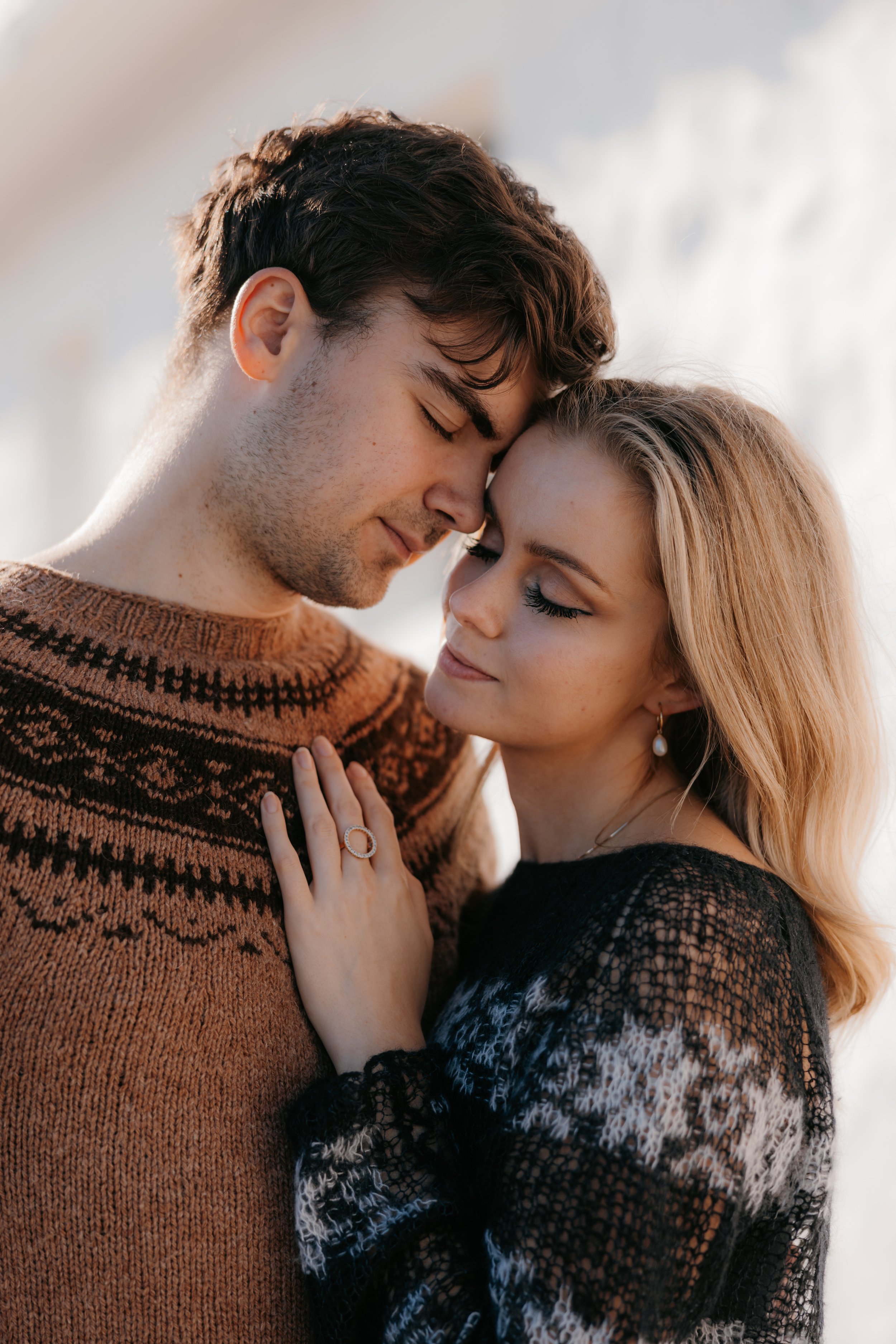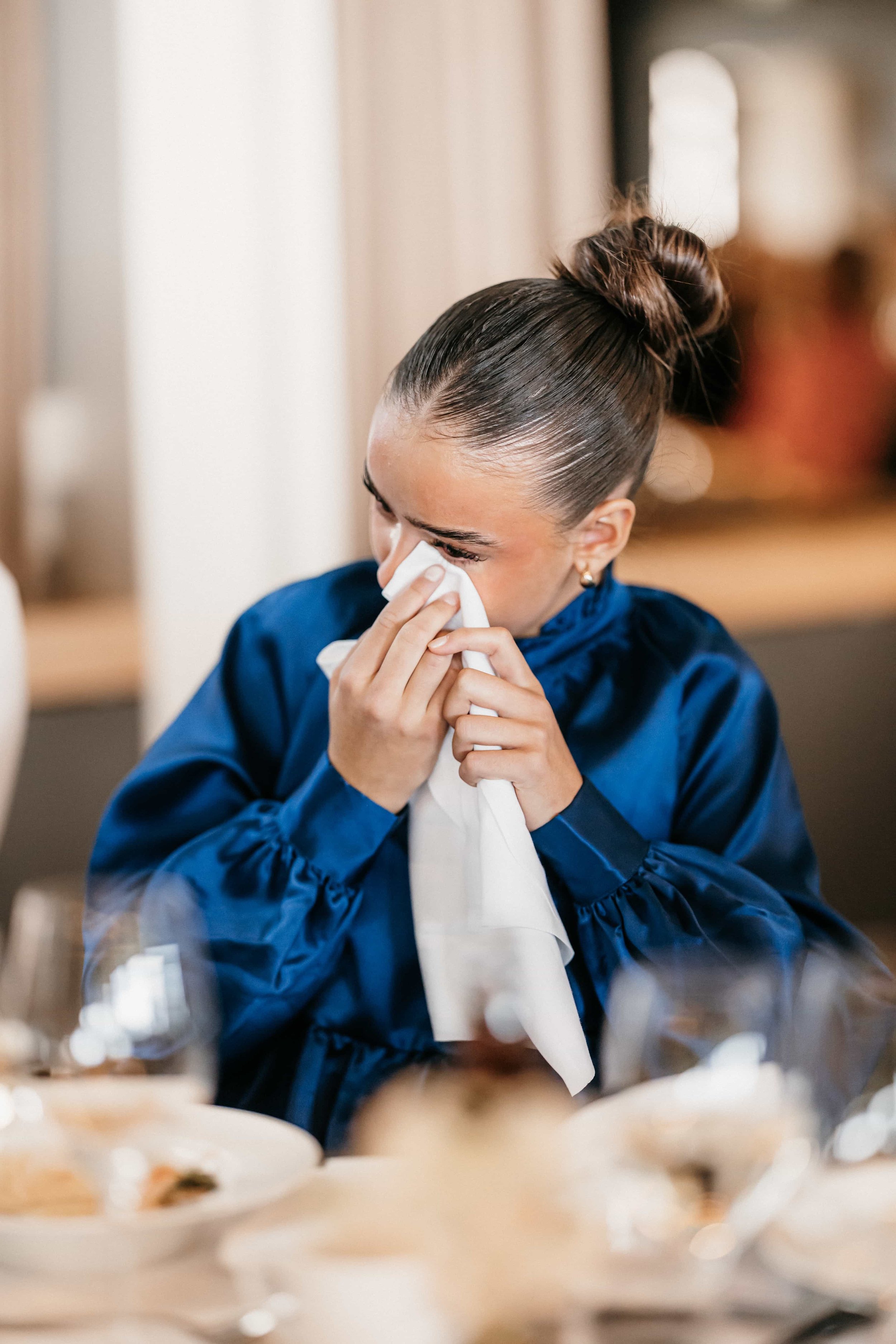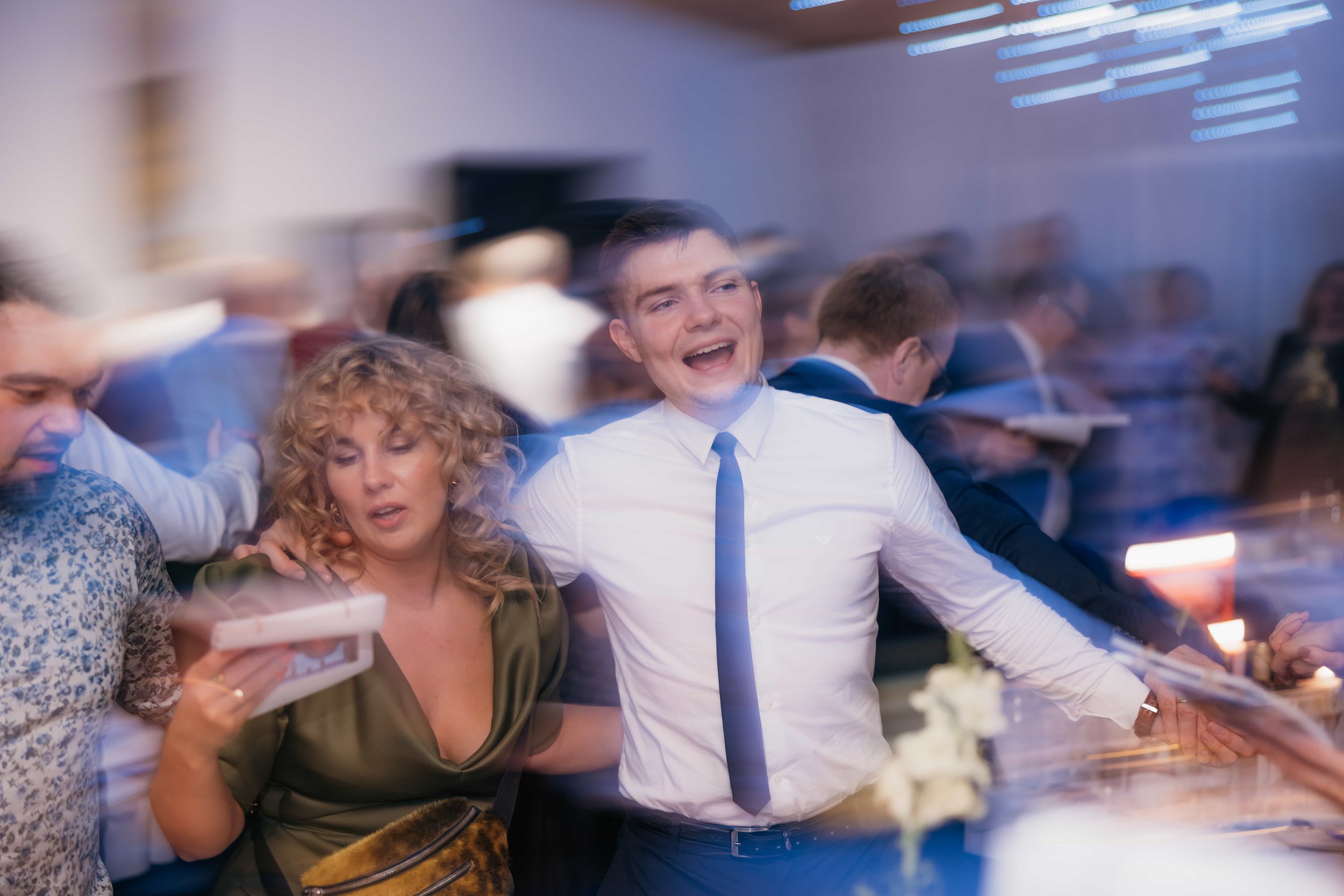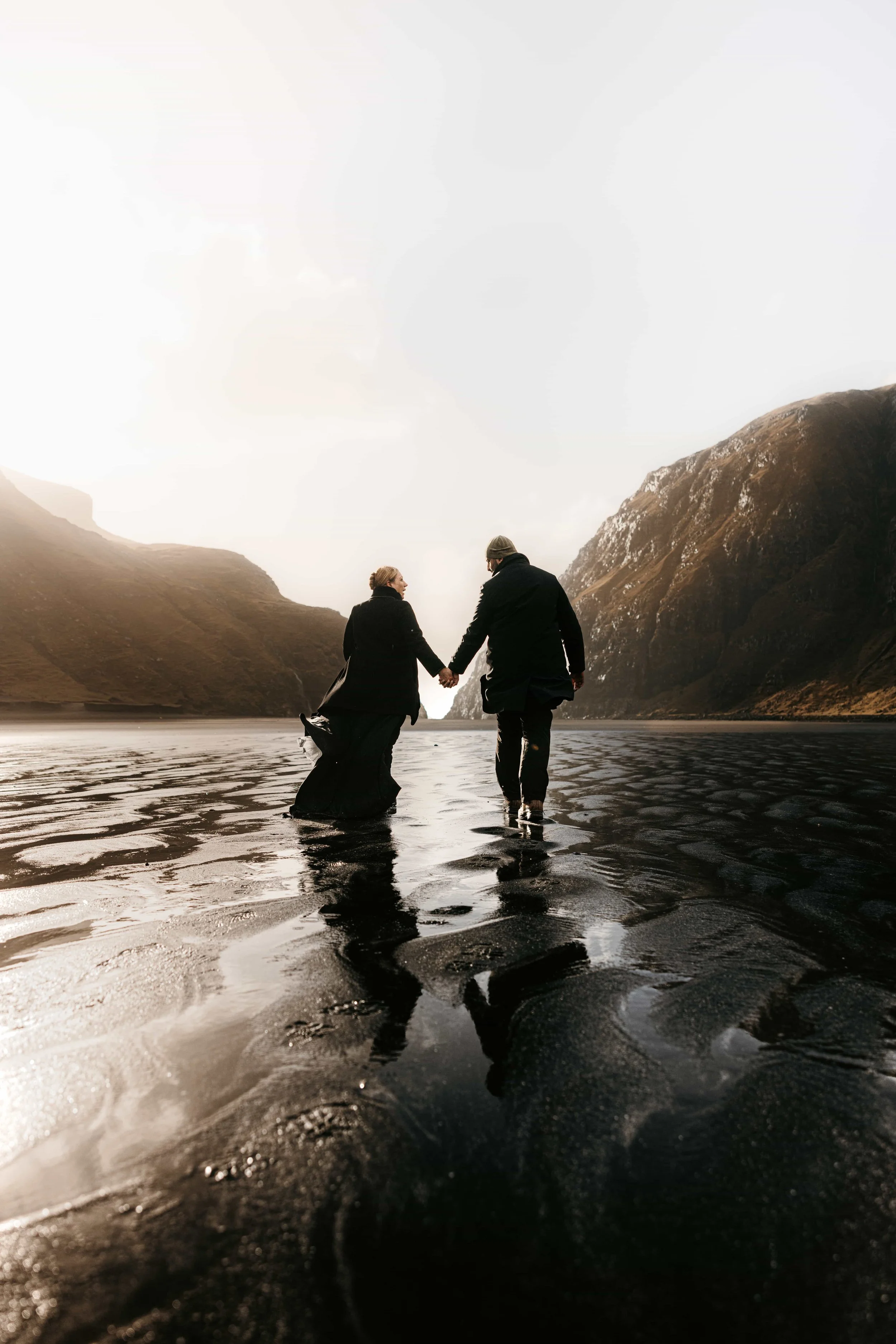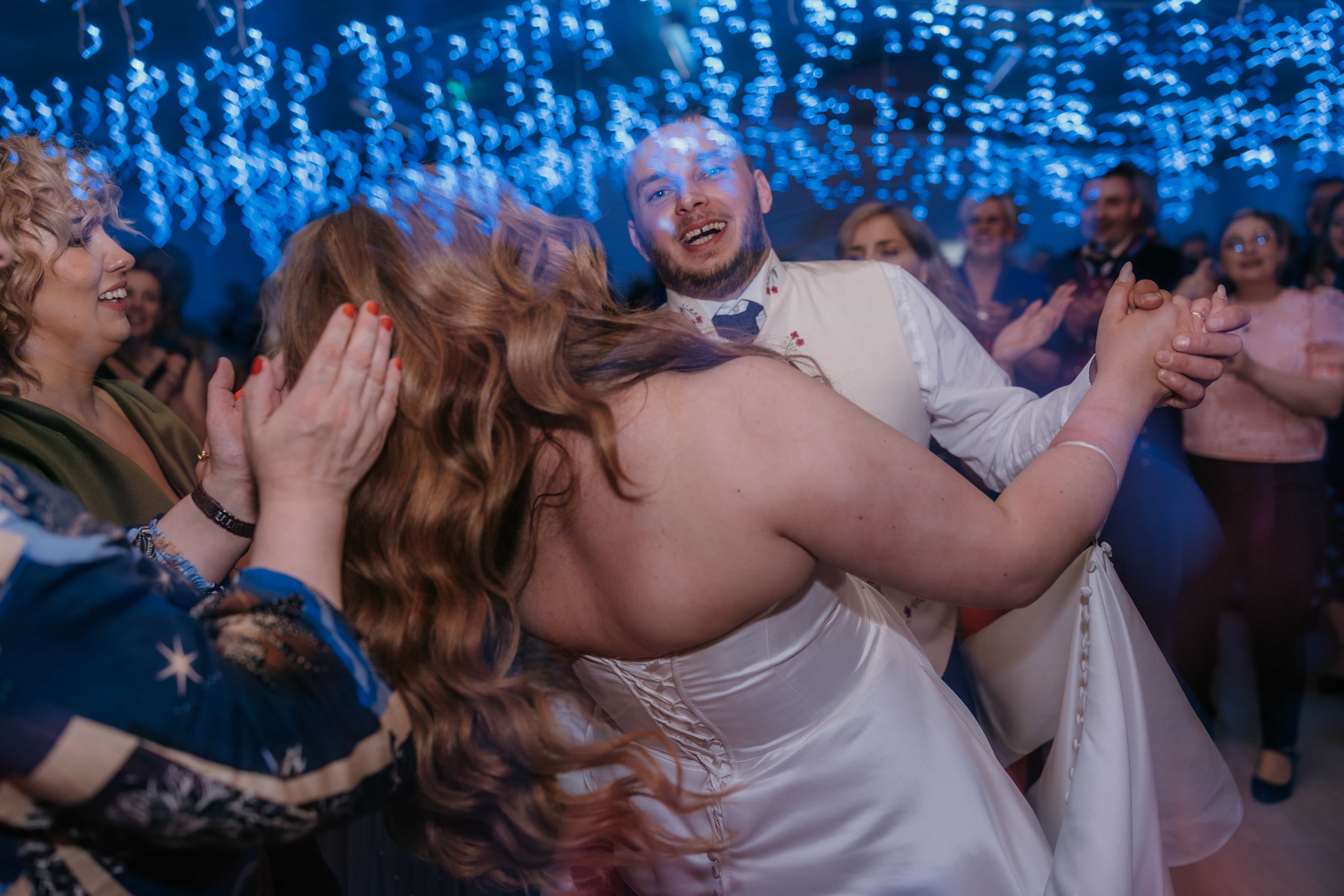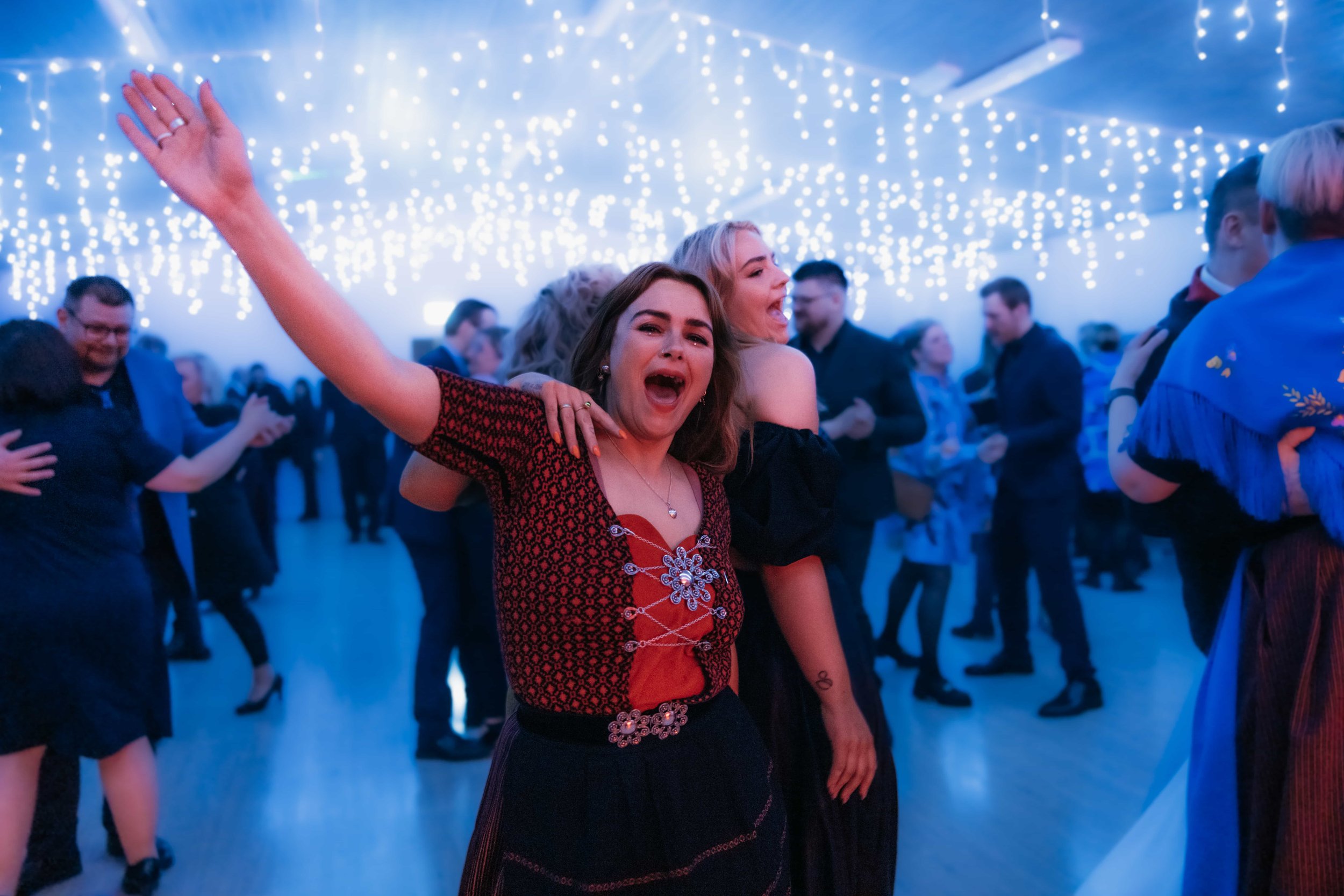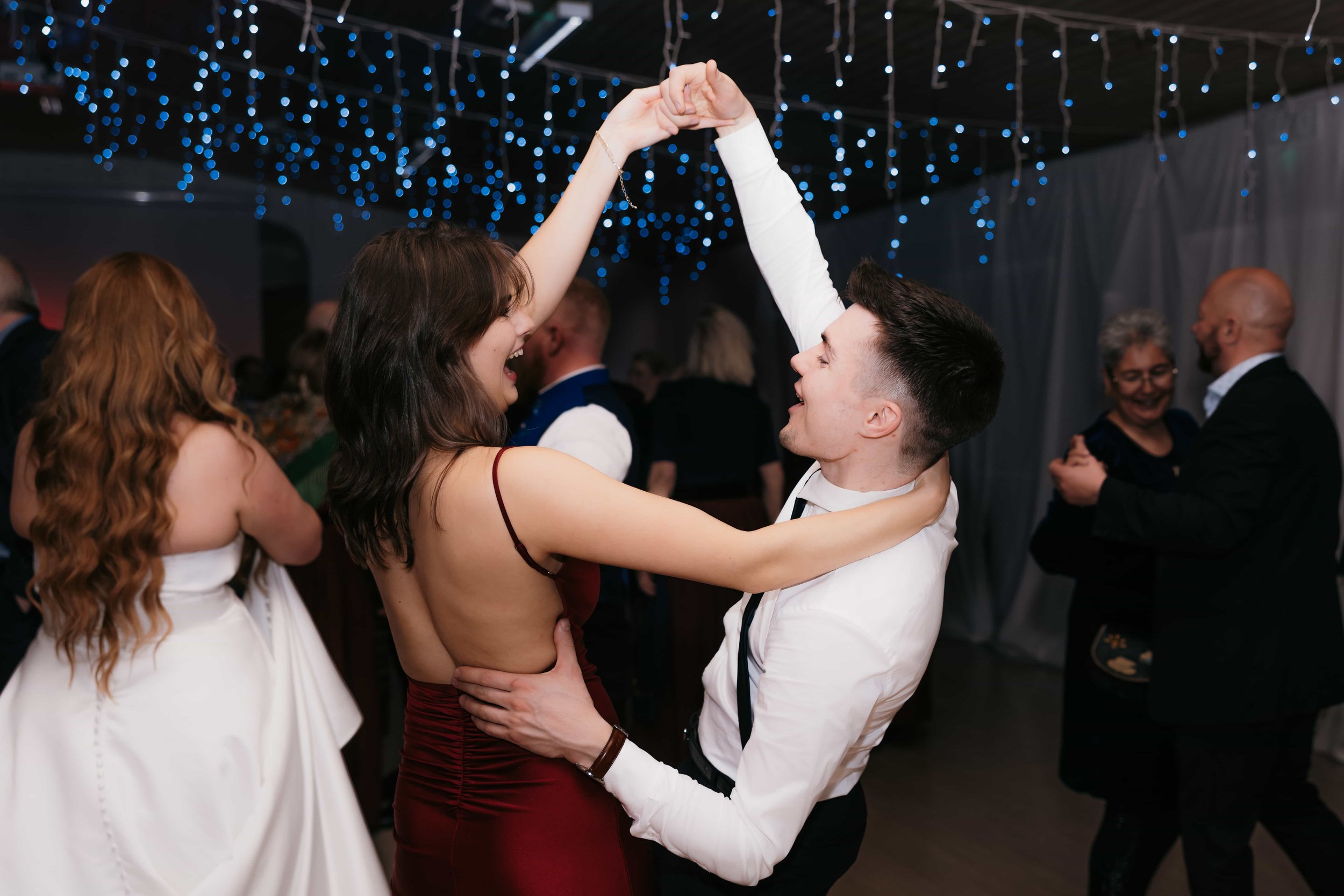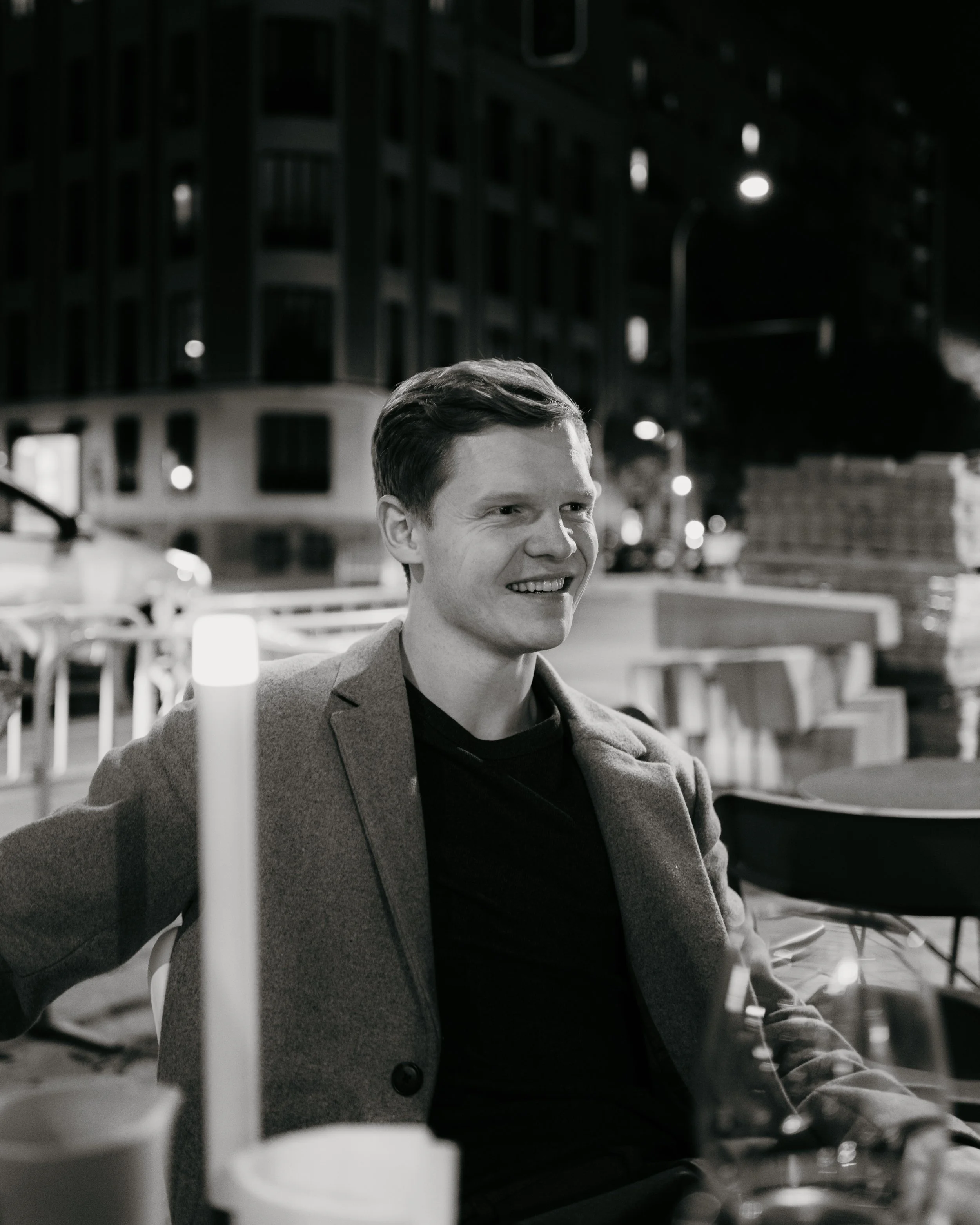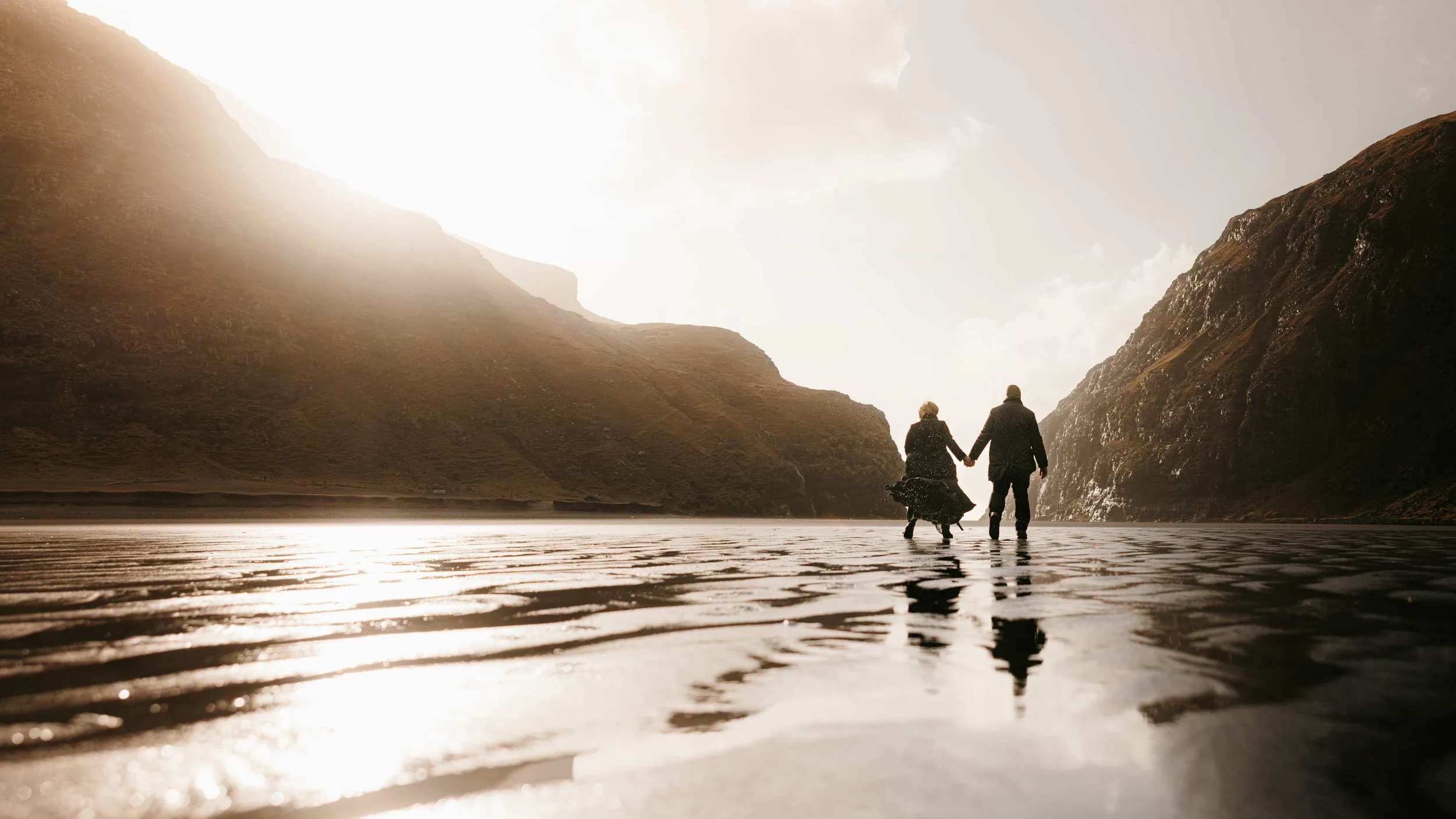
How a Funeral Changed My Path as an Entrepreneur
During the past 5 years, my work experience as an entrepreneur has been one of the most interesting yet exhausting experiences of my life. Although it was both emotionally and physically demanding, it instilled in me a resolute desire to study and practice business.
I've been a photographer for years, but there's one story from my early days that will stay with me forever. At 18, still in high school, I was trying to turn my passion for photography into something real. I'd mostly taken small jobs like birthday parties, family portraits, and the occasional wedding. Then I received a request that shook me to my core.
A woman asked if I could document her husband's funeral. He had tragically drowned. The story shook the entire Faroe Islands; everyone had heard about this man. He was just 40 years old, a father to three young children between the ages of 1 and 4. The woman explained, her voice heavy with grief, that she wanted the day documented. Not to share publicly, but to preserve the memory of how deeply he was loved, especially for the children.
I hesitated. At 18, barely an adult, I'd never even attended a funeral, let alone worked at one. How could I carry myself in such a serious, heart-wrenching environment? How could I do my job without intruding on their grief? But the woman's words echoed in my mind: "We don't want to forget him. We want to remember how much he meant to us." I agreed.
The day of the funeral, the church was completely packed. People were standing because there were no seats left. The air was heavy with silence, broken only by soft sniffles and the occasional cry of a child too young to understand what was happening.
I arrived early, clutching my camera like a lifeline, hands trembling slightly. It wasn’t the best camera. Far from it. I had saved for months to buy it secondhand, knowing it had to last me for years. I couldn’t afford an extra lens, so I worked with what I had. Stepping into such a sacred, intimate moment as an outsider was intimidating. I focused on the work; framing shots, capturing light, staying invisible. I documented candid moments of love and loss: the man's elderly father wiping tears with a shaking hand, his little son clutching a toy airplane, oblivious to the gravity of the day.
The family sat in the front row. The widow was holding her youngest child while the older two leaned against her for comfort. From the back of the church, I zoomed in to capture tender moments: her hand gripping the youngest's tiny fingers, the eldest wiping his eyes with his suit jacket sleeve.
After the service, we moved outside for the burial. On that beautiful sunny day, I captured what would become my most meaningful photo: the widow kneeling by the casket, her children clinging to her as if to anchor themselves in their suddenly unsteady world.
When the job was done, I edited the photos and video, carefully selecting moments that told the day's story. I sent them to the family and waited. No response came. No thank you, no acknowledgment. I thought perhaps they weren't ready to revisit the pain, so I didn't push. Weeks became months, and eventually, I stopped wondering. Maybe my work hadn't been good enough.
Three years later, walking through town, a woman stopped me. I didn't recognize her at first until she said, "You're the one who took the photos at my husband's funeral."
It was the widow. Her face was softer now, though her eyes still held a glimmer of sadness. Before I could speak, she smiled and said, "You don't know how much you've given me."
She told me about one photo in particular. The one of her and her children by the casket. "That photo has stayed with me every single day," she said, her voice breaking. "It reminds me of how much we've been through, and how strong we've had to be. It's not just a photo. It's a piece of him, a piece of us. It's what I hold onto when I feel like I can't keep going."
I was stunned. I had been just a nervous 18-year-old, trying to maintain professionalism in an overwhelming situation. I hadn't thought I had the experience or maturity to handle something so profound. Yet somehow, despite my doubts, I had captured something that mattered.
That encounter changed how I saw photography and myself. I realised that what I do isn't just about clicking a button. Sometimes, what I capture becomes more than an image. It becomes a lifeline, a source of comfort, a piece of someone's heart. It's about preserving moments that people can hold onto long after they're gone. Sometimes, our impact goes far beyond what we could ever imagine. That's why my job doesn't feel like a job. It's simply something I do.
I haven't seen the widow since, but her words stay with me. Whenever I doubt myself or the value of what I do, I think of that 18-year-old in a church, scared and unsure, who still managed to make a difference.
After this turning point, everything I did after this experience I did for a different reason other than just to make money, but rather, to make a difference.
This became one of my greatest competitive advantages in a market crowded with other photographers: I pursued photography out of genuine passion, not just for financial gain. No one motivated solely by money could rival that level of dedication. Over the next 3 years, this mindset contributed to my most creatively fulfilling period. I had a sense of meaningfulness in my work, knowing I was making a real difference in people's lives.
And now, as I step into this new chapter, I realise that this experience shaped more than just my approach to photography. It shaped the way I see life and business. The same desire to create meaning, to bring value beyond just profit, is what drives me to pursue a Business Administration degree. I want to take what I’ve learned, not just about capturing moments, but about creating impact, and apply it on a larger scale.
Because just like that young widow held onto a single image as a reminder of resilience, I hold onto this experience as proof of my own. It taught me that meaning comes from creation, not possession. And now I’m ready to build something that inspires others to do the same.
Gilli Brend í Hoyvík.

